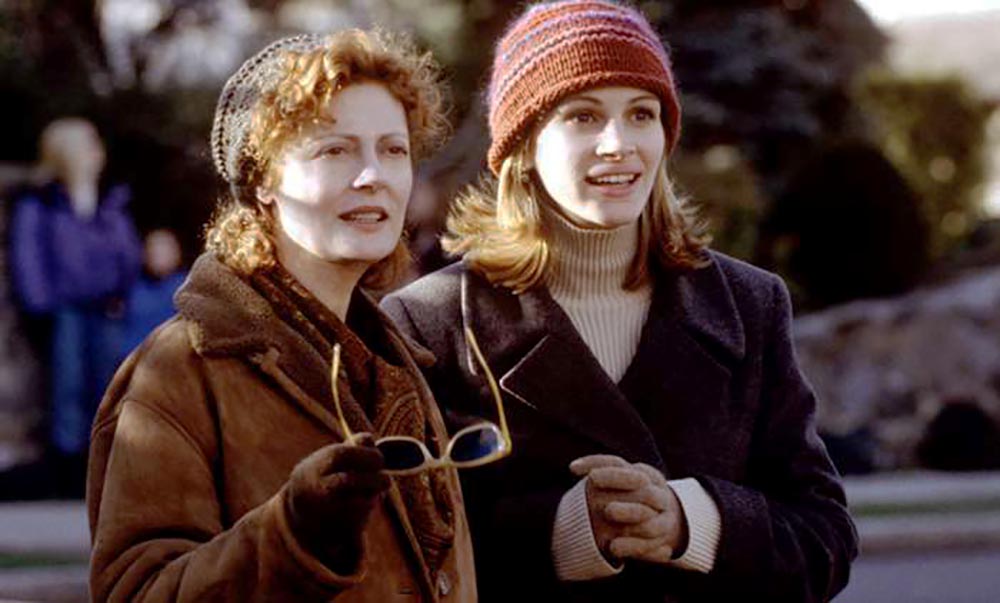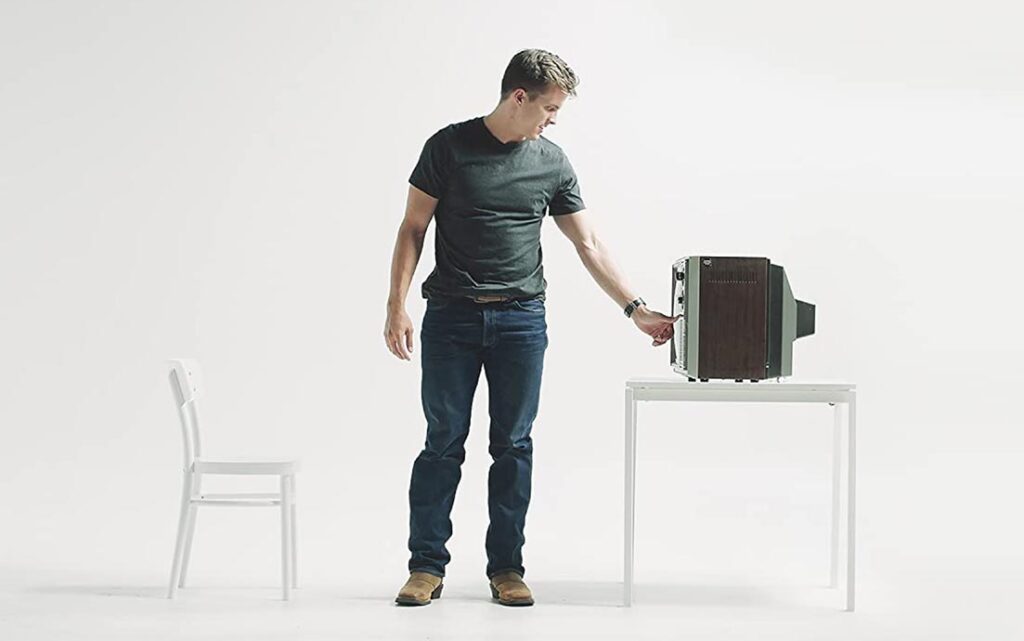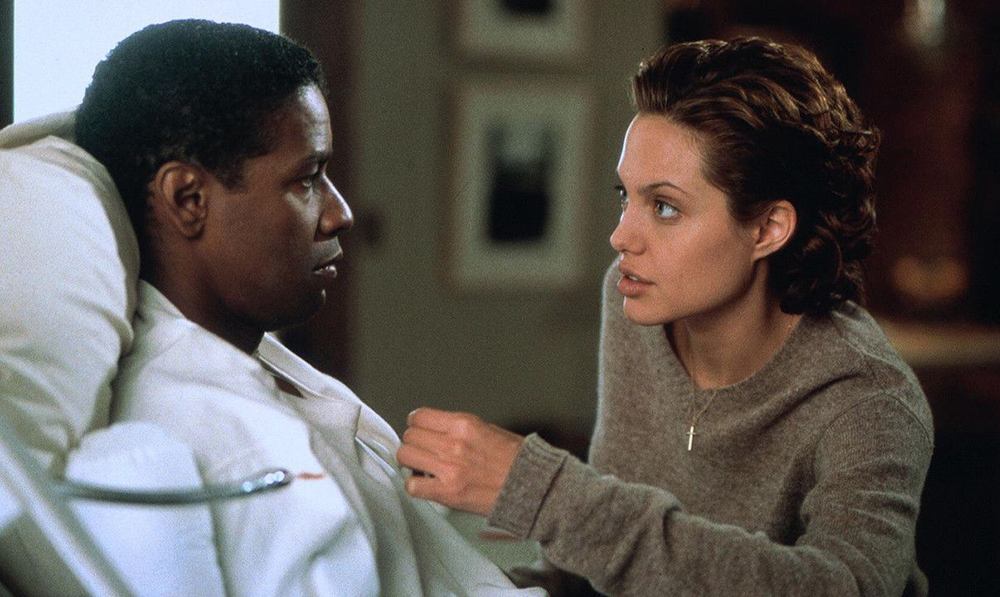It’s not that chronic illness isn’t represented on film, of course. Quite the contrary. Sickness is a favorite Hollywood storyline. After all, illness makes for great drama, especially if the heroine is young and beautiful, or the hero is stricken down in the prime of his life.
But there’s a formula to illness narratives on film that rarely reflect the reality of real life. Generally, when you’re sick on film, you’ve got one of only two options. Either you fight against all odds and miraculously overcome it (the triumph-of-the-human-spirit storyline) or you die a tragic but beautiful death (the life-is-precious-but-it-still-sucks-sometimes narrative).
Rarely, though, do you see real people living, coping, and leading ordinary, fulfilling lives in the face of incurable disease. We’ll show you some films that retread the familiar illness narrative (even when they do it well), and a few that are lending a new perspective on an experience as old as humanity itself.
The Cancer Narrative

There are few illnesses more feared than cancer, and there are few losses more heartbreaking than the loss of a loved one to this scourge. And, of course, that makes it prime material for the Hollywood drama.
There are lots of films that do handle this dreadful illness with poignancy and care. Films like “My Sister’s Keeper,” “Stepmom,”and “Terms of Endearment” speak to the toll that cancer can take on families, especially children.
Meanwhile, the thoughtful “50/50” and the romantic tearjerker “The Fault in Our Stars” illuminate the travesty of cancer’s attacks on the young. The films underscore, for instance, the effects of chemotherapy on young bodies that should be strong and healthy and attractive.
As sensitive and well-crafted as many of these films are, they all follow, to some extent, a standard trajectory guaranteed to ratchet up the sentiment: the obligatory head-shaving/hair loss scene, the gradual weakening and weight loss of the stricken protagonist, the sickness in the aftermath of chemo.
The common thread is that the illness is a convenient plot point through which the protagonist learns some invaluable life lesson from the disease-ravaged hero(ine) before they’re sadly, but perhaps mercifully, taken by their illness.”
And, again, the films’ conclusions stick to that shopworn binary: either the heroine dies or they make a miraculous recovery. But few stories resemble those of the millions of people living for years and even decades with incurable cancers. They rarely depict cancer and cancer treatment as something that may be managed in certain circumstances, such as the use of diet, exercise, and prescription medications to make the side effects of life-prolonging chemo more tolerable.
The Object Lesson

Another familiar trope in Hollywood illness narratives is when condition X, Y, or Z becomes the center of some great moral lesson either for the afflicted or those who care for them.
Consider, for example, the use of illness stories to address a social issue, such as the ravages that chemical exposure might exact on communities and the environment. Case in point, “Erin Brockovich,” in which an uneducated single mom gets to prove she has a heart of gold and a mind like a steel trap when she enlists in the fight to help a community stricken with horrific illnesses caused by intentional (and illegal) environmental contamination by a powerful utility.
The documentary “Dirty Laundry,” likewise, follows two cousins in their early ’20s who, propelled by their grandmother’s death from mesothelioma, a rare and aggressive form of lung cancer caused by asbestos, travel across the US, talking to others who have fallen victim to this cancer. On their journey, they discover their calling in uncovering the truth of massive corporate corruption and the families ravaged by it.
…There are also some narratives and some characters that look a lot more like what it means to live with a chronic illness.”
In “The Theory of Flight,” seemingly incorrigible ne’er-do-well finds redemption in the love of a quadriplegic. Meanwhile, the dying heroine finds value in her love, her life, and herself through the romance at the conclusion of her life.
The common thread is that the illness is a convenient plot point through which the protagonist (usually the able-bodied caregiver) learns some invaluable life lesson from the disease-ravaged hero(ine) before they’re sadly, but perhaps mercifully, taken by their illness.
Some Hope

The good news here, though, is that it’s not all tears and death and melodrama, no matter how nicely told. There are also some narratives and some characters that look a lot more like what it means to live with a chronic illness.
Consider, for example, Lincoln Rhyme, the crime-fighting quadriplegic in the 1999 Angelina Jolie and Denzel Washington vehicle, “The Bone Collector.” In a refreshing twist on the familiar narrative of disability as a source of perpetual need, it’s Rhyme on whom the team depends to unravel mysteries that baffle even the most brilliant of his colleagues. And so he does, skillfully commanding his team, including talented apprentice, Amelia, from the sanctum of his tech-tricked bedroom.
The Takeaway
Representations of chronic illness aren’t exactly absent in film and television, but they’re not always accurate either. Too many follow the same shopworn plotlines that are often long on drama but short on reality. Some storylines are starting to get it right, though, especially when you turn to the small screen and the emergence of actors with disabilities telling stories that have too long gone untold.
– by Frankie Wallace

